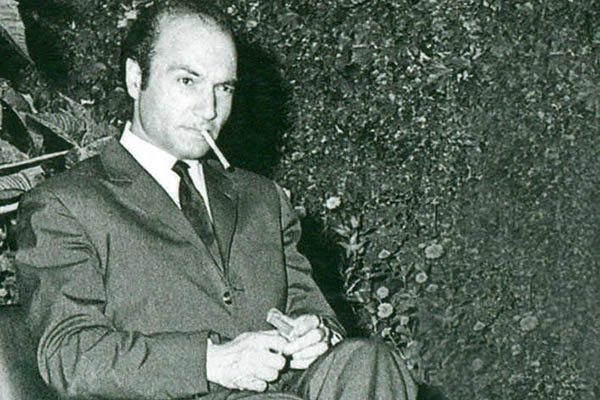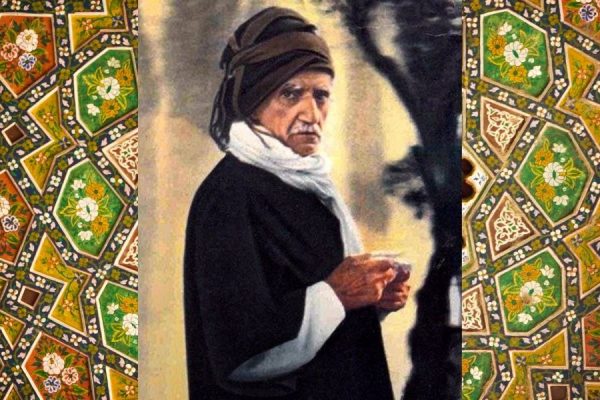Beginning from the early years of the Arab empire and continuing to this day, the ulema have had a long and purposeful history. But how are they faring today, in the age of memes and fake news?
Beginning from the early years of the Arab empire and continuing to this day, the ulema have had a long and purposeful history. But how are they faring today, in the age of memes and fake news?
In an often quoted hadith, the scholars, the ulema are hailed as the inheritors of the Prophet. The Prophets did not leave behind any wealth, they only bequeathed their followers knowledge. Who are the custodians of this ilm, this knowledge? They are the ulema, the scholars of Islam. Beginning from the early years of the Arab empire and continuing to this day, the ulema have had a long and purposeful history… but how are they faring today, in the age of memes and fake news?
What explains our apathy towards our scholars?
The first is our sheer indifference, the belief that with the most rudimentary of knowledge, we can safely pass through most of life’s tests.
The second is the rising strain of anti-intellectualism across the world, to which the Muslim world is not immune.
he third is a bloated sense of individualism that has little room for accepting the authority of the ulema. Easy access to knowledge is confused for expertise, ignoring that like all other fields, the Islamic sciences requires rigorous study and training.
Fourth, the pursuit of secular education in favour of the religious, for upon the former hinges our employment, and upon it, the means for our material, our this-worldly happiness.
Fifth, there exists a real gap, both physical and psychological between our scholars and our people. There are simply few events or spaces where interactions happen, without which scholars get cut off from the people.
Finally, the lack of awareness about the role, history, and importance of the ulema. Indeed, most of us are better acquainted with philosophers of the secular traditions than we are with the history of our own scholars. Their history can be traced in the generations following the Prophet.
In a fast-changing world, with new challenges, new legal issues, new theological points of wrangling, the ulema are at the forefront of securing and propagating knowledge. It was by no means a light responsibility, nor was it disconnected from the life of the common people. Debates of theology, differences over jurisprudence, while grounded in metaphysics, ethics and the readings of the holy scriptures, were all concerned directly on the perennial question of how to lead the rightly guided life.
How did the modern era challenge the ulema’s role?
The ulema’s role was challenged in the modern era primarily due to two factors: the first was the colonial encounter most Muslims came under. It brought far-reaching, often brutal changes to their lives, including most importantly, their systems of learning, even upbringing (tarbiyah), as well as the body of laws, which from the earlier sharia, as ruled by the jurists (fuqaha), was now replaced by the secular western law as ruled by the new court judges.
The second important change was the rise of print capitalism. The availability of easy, cheap printing allowed many people to bring out their own perspectives on religious and social and religious issues. The latter was significant, for hundreds of years, through a carefully structured process, knowledge was handed down person-to-person, and the permission to teach it (ijaazah) was tightly controlled. This was sharply reversed with the new forms of communication. The ulema were therefore seen by the new reformers as a stumbling block, an Orthodox relic of the past, in their grand reformatory plans, which was largely driven by the availability of cheap printing texts, as well new means of mobilization.
These trends haven’t stopped in the twenty-first century. The Internet has redefined and continues to define our daily lives, our manner of knowledge consumption, our patterns of social behavior, and the thought process underlining our actions. The internet, through the countless websites, forums, and podcasts, has brought religious education to the fingerprints of the masses. Yet, its darker side is revealed in the countless instances of misinformation that characterizes many of the websites.
It is a brave new world, where knowledge is freely available, but also, where it is neither confirmed nor reliable. There are exceptions, of course, like the presence of websites like the SeekersHub, staffed by a group of diligently trained scholars is truly a blessing to the ummah. Theological and legal rulings require both nuance and command over the subject, earned after years and decades of study. The presence of sites where content is posted by amateurs, who lack both scholarly training and expertise is dangerous, in that it spreads unverified and unreliable information.
The availability of easy information does not make the scholars dispensable. The exact opposite holds true. With the proliferation of misinformation, the need for trained scholars has never been greater. We live in times of great social and economic upheavals. Our cultures are in transition, so are our languages and value systems, the things we buy, the manner in which we interact, the food we consume, the websites our eyes stay glued to, they all have changed and continue to change before us. The ummah is spread across the globe and is constantly faced with a set of challenges and choices in everyday life. It is in choices and how we respond to it that the deen is manifest, and it is here we require sound, scholarly guidance.
The Prophet is reported to have said that ‘the only cure for confusion is to ask.’ Whom do we ask? The people of learning. By no means, should this be interpreted as blind subservience to all those who claim to be custodians of knowledge. Rather, through reasoned judgment, the God-given powers of discernment, one must seek the right scholars and teachers to guide them. Such scholars would have a solid training in the religious sciences, as well as having a close understanding of worldly matters and occurrences. Needless to say, the scholars themselves must be virtuous and upright, a model for the community at large.
May Allah almighty bless our ummah with such scholars. May we have the wisdom to recognize and support such scholars.





